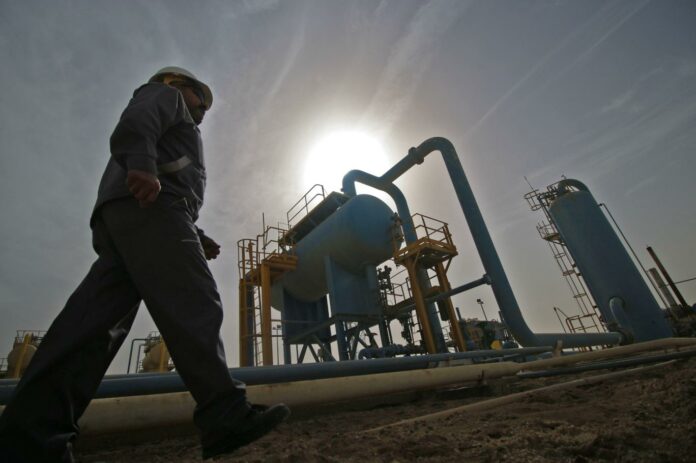Ahmed Jassim Al-Yasiri/Faculty of Administration and Economics – University of Kufa
Summary
Iraq imports electricity and gas from Iran, which totals between a third and (40%) of its energy supply, particularly in the hot summer months when temperatures reach 50 degrees Celsius, which reaches peak energy consumption.
Iraq is having trouble paying for these imports, which have accumulated Iranian debt to 11 billion euros. Iraq is striving to extinguish these debts, but US sanctions do not allow Iran to obtain funds, especially US dollars.
The price of Iraqi oil to be exported to Iran is expected to be valued at the global market price. If that were to happen, Iran would not be able to sell Iraqi oil to the world, specifically to China, because it would be expensive. Some potential losses could be compensated by the Iranian Government using these supplies for domestic industrial purposes.
One option for Iraq to export oil is to truck it from the Kurdistan region of Iraq, where the bulk of the region’s production of 450 thousand barrels per day has not been available for export for months; Over a legal dispute that prompted Turkey to close the pipeline that transports Iraq’s Kurdistan region oil to the Mediterranean port of Ceyhan.
Moving oil from the province to Iran could help the territory ease some of its internal problems, cement its ties with Baghdad, and allay Erbil’s fears of an Iranian military incursion.
The exchange of crude oil and natural gas enables the two countries to meet their energy needs more efficiently and could lead to cost reductions in energy imports and exports.
The Iraqi Government could export crude oil from the fields (Kirkuk and Nineveh), sufficient for the quantity required, thus exceeding the Turkish extortion mechanism; By refusing to export oil from the Ceyhan-Turkey line, and having achieved a double victory, Turkey also ensures control of oil exports from the northern fields.
Introduction
Iraq generates electricity in a number of ways and by means of 109 gas, thermal and hydroelectric plants for production amounting to 22680 megawatts during 2022-2023, despite Iraq’s need for 40 thousand megawatts and 20 thousand megawatts in the event of support for local industries.
Iraq relies heavily on gas plants to generate electricity, as it owns the country (26) gas plant that works by converting chemical fuel energy into thermal energy to heat gases that are inserted into gas turbines, converting that energy into kinetic energy first managing gas turbines and then into mechanical energy that rotates the rotating organ of the generator that works with the magnetic field to convert mechanical energy into electrical energy. The distribution of these stations in Baghdad is 11 gas stations and the total production of the gas stations in Baghdad is 3,462 megawatts. In Basra governorate, there are 4 gas stations, while in Kirkuk governorate there are two stations, Mullah Abdullah and Taza, while Dohuk governorate includes Dohuk. In Erbil province, the Irbil station, in turn, includes Anbar gas station in Sulaymaniyah, Sulaymaniyah, Najaf, Najaf, Diyala, Mansouriya, as well as Karbala, making the total production of gas power plants (14,550) megawatts, while total production of thermal and hydroelectric plants from electricity (6895) megawatts, and (2583) megawatts respectively, meaning that Iraq relies heavily on gas plants to generate electricity.
TOPICS Economics and development Iraq oil-for-Iranian gas exchange deal: Reading on economic consequences under US dollar...
Iraq oil-for-Iranian gas exchange deal: Reading on economic consequences under US dollar conversion restrictions
READ IN: عربي










